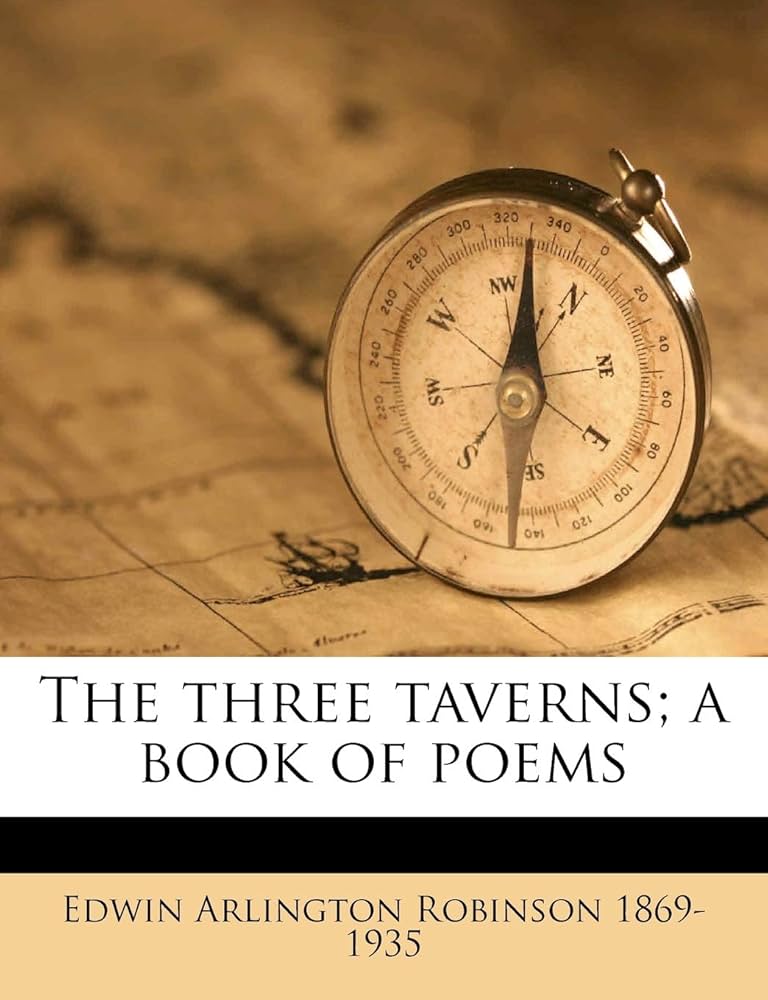Peace on Earth
byPeace on Earth begins not with grand pronouncements but with a single man whose words, though quiet, reverberate with deep intention. Ichabod, worn by life’s many winters, holds his tattered hat as though it were a relic of old truths. His voice, more fragile than commanding, speaks not to rally crowds but to awaken the soul. He does not offer guarantees or theologies; he presents an idea—peace that doesn’t start in courtrooms or churches but in the hidden quiet of one’s being. When challenged about his belief in such a lofty concept, he doesn’t argue. Instead, he smiles with the understanding of someone who has long walked among disappointment and still found cause to believe.
For Ichabod, peace isn’t a banner waving above perfect lands—it’s a seed planted in imperfect soil. He does not dismiss suffering or deny human cruelty. What he offers is not escape but clarity: the courage to see beauty alongside despair. In speaking of God, he avoids strict creeds and offers a view both wider and gentler—a creator not bound to one book or temple, but present in the joy of a bird, the loyalty of a friend, the grief of a widow. Faith, in his telling, is not about certainty. It’s about choosing to see through the fog, knowing the full road will never be visible. That is the faith he asks for—not submission, but curiosity.
Ichabod’s presence is not miraculous, but it lingers. He has the air of someone who has known great love and great loss, and believes both are sacred. He suggests that true peace does not depend on world events but on personal integrity. To live without bitterness, to speak honestly, to forgive when one is able—these, to him, are not soft virtues but radical acts. His words urge the listener to stop waiting for history to improve and instead take responsibility for the space they inhabit. Every human life, he seems to say, is its own world. If peace can be grown there, it matters.
There is irony in his name—Ichabod, often associated with loss. And yet he is the one who teaches what remains when all else is gone. He does not preach optimism; his hope is more stubborn than that. He knows the world is unkind, that wars rage and injustices fester. But he dares to hope for peace not in headlines but in homes, not in treaties but in the way we treat those near us. If we wait for perfect conditions, he warns, we may wait forever. But if we begin with what is in our reach, perhaps something lasting can be built.
His reflections call for quiet acts with great weight. Holding the door. Listening longer. Choosing words that heal rather than sting. These are the bricks of peace that go unnoticed by history but matter profoundly to the lives they touch. The cost of peace, Ichabod admits, is high. It requires humility, restraint, and sometimes walking away from the satisfaction of being right. But its reward is a life unburdened by hatred. A life lived awake.
As he departs, Ichabod leaves no miracles behind—only the echo of his words and a question hanging in the air: what would change if we lived as though peace were possible? Not inevitable. Not easy. But possible. His simple farewell, both sincere and teasing, reminds us that those who speak of deeper truths often do so at personal cost. Yet they do it anyway. And perhaps that courage, in itself, is the first step toward the peace they envision.
In Ichabod’s message lies a modern parable—an invitation not to convert, but to contemplate. We are asked not to abandon reason or question the world’s injustices but to begin again with a heart willing to search for grace in flawed places. Peace, as he frames it, is not the end of conflict but the beginning of understanding. It is not the absence of suffering but the presence of compassion. This peace is not won through conquest or loud declarations, but through daily acts of quiet, intentional care. And in that, there is a possibility that even in the darkest winter, the soul might still feel a thaw.

